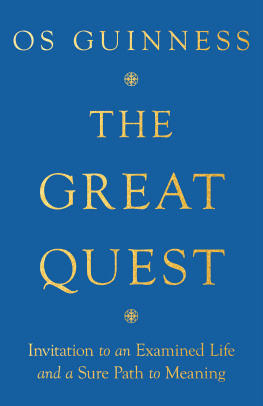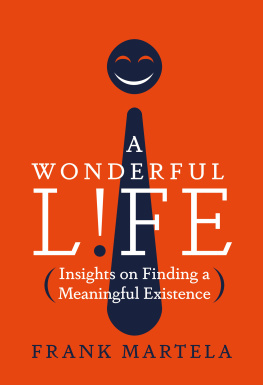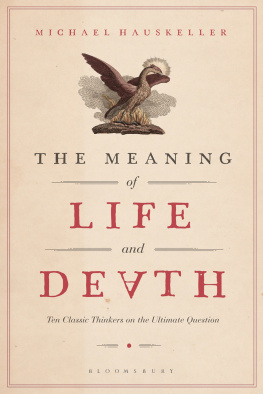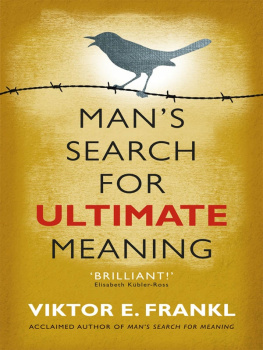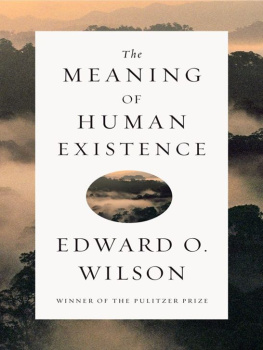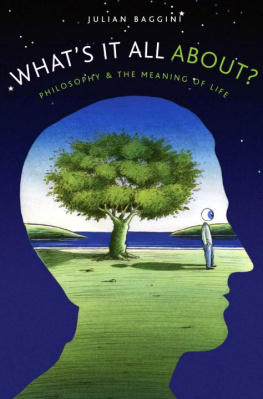Andrius Bielskis - Existence, Meaning, Excellence: Aristotelian Reflections on the Meaning of Life
Here you can read online Andrius Bielskis - Existence, Meaning, Excellence: Aristotelian Reflections on the Meaning of Life full text of the book (entire story) in english for free. Download pdf and epub, get meaning, cover and reviews about this ebook. year: 2017, publisher: Routledge, genre: Religion. Description of the work, (preface) as well as reviews are available. Best literature library LitArk.com created for fans of good reading and offers a wide selection of genres:
Romance novel
Science fiction
Adventure
Detective
Science
History
Home and family
Prose
Art
Politics
Computer
Non-fiction
Religion
Business
Children
Humor
Choose a favorite category and find really read worthwhile books. Enjoy immersion in the world of imagination, feel the emotions of the characters or learn something new for yourself, make an fascinating discovery.

- Book:Existence, Meaning, Excellence: Aristotelian Reflections on the Meaning of Life
- Author:
- Publisher:Routledge
- Genre:
- Year:2017
- Rating:5 / 5
- Favourites:Add to favourites
- Your mark:
Existence, Meaning, Excellence: Aristotelian Reflections on the Meaning of Life: summary, description and annotation
We offer to read an annotation, description, summary or preface (depends on what the author of the book "Existence, Meaning, Excellence: Aristotelian Reflections on the Meaning of Life" wrote himself). If you haven't found the necessary information about the book — write in the comments, we will try to find it.
This book addresses the perennial question of the meaning of life from the point of view of a novel interpretation of Aristotles teleology. Beginning with the premise that at the core of modernity and modern moral imagination are the entropy of meaning and the sense of meaninglessness, the author critically engages with the work of the post-war existentialists, chiefly that of Albert Camus and Martin Heidegger, to argue that their analyses are unconvincing and that the question of the meaning of being should therefore be approached using different assumptions, based on the notion of flourishing life. From this Aristotelian outlook, Existence, Meaning, Excellence employs Alasdair MacIntyres critique of modernity, together with his conceptions of practice and the narrative unity of life and tradition to provide a novel philosophical account of existence, meaning and excellence - an account which is used to contribute to debates (between Kantian and Nietzschean perspectives) on the nature of art and genius, with Mozarts genius being used by way of illustration.
A fascinating and powerfully argued engagement with existentialist thought that draws on the virtue tradition to explore questions of meaning, as well as wider questions within philosophy, this book will appeal to philosophers and social theorists with interests in existentialism, moral philosophy and accounts of the good based on the notions of human flourishing.
Andrius Bielskis: author's other books
Who wrote Existence, Meaning, Excellence: Aristotelian Reflections on the Meaning of Life? Find out the surname, the name of the author of the book and a list of all author's works by series.


